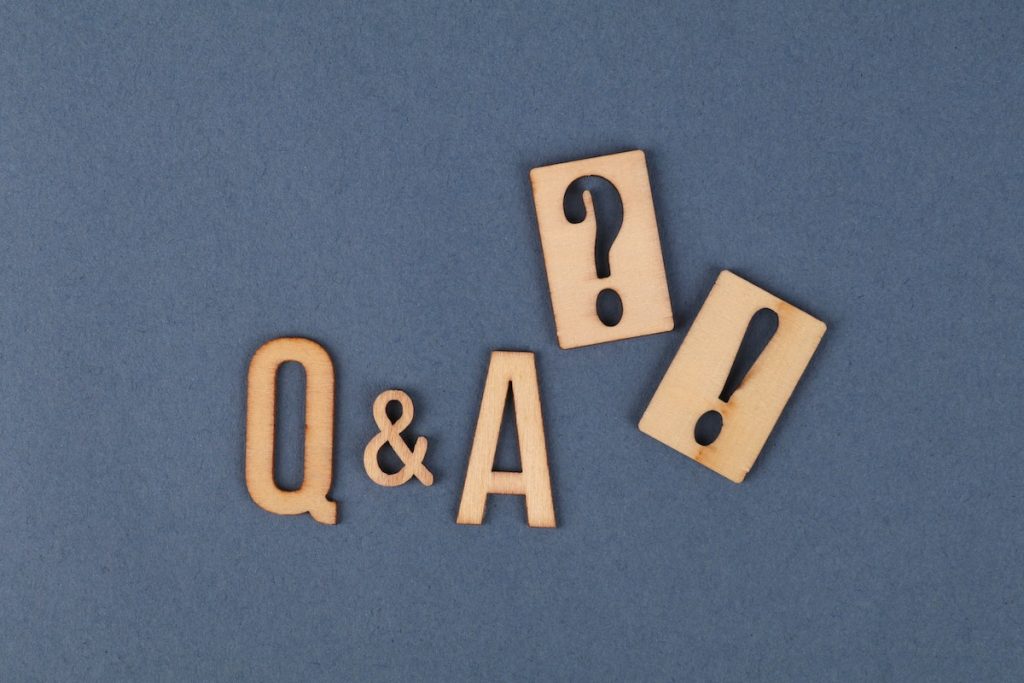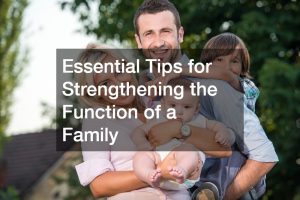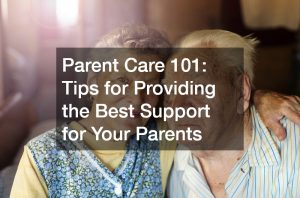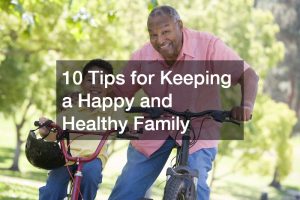- Educate yourself about eating disorders, treatment options, and symptoms.
- Remain supportive of your friend and be ready to offer practical help when needed.
- Create a safe and non-judgmental space for your friend to open up in.
- Encourage professional help from trustworthy healthcare professionals or centers.
- Foster a healthy environment that prioritizes self-acceptance and overall well-being.
Having a friend struggling with an eating disorder can be distressing and challenging. It’s important to remember that eating disorders are complex mental health issues that require compassion, understanding, and professional help. As a supportive friend, you are vital to their recovery journey. This guide will provide five essential tips on supporting your friend with an eating disorder.
1. Educate Yourself

Understanding eating disorders is crucial for providing effective support. Educating yourself will help you avoid misconceptions, promote empathy, and enable you to provide informed support.
Here is how you can educate yourself about eating disorders:
Read Up on Eating Disorders
Taking the time to read up on eating disorders can help you gain a better understanding of them. Start by researching different eating disorders, such as anorexia nervosa, bulimia nervosa, and binge-eating disorder. Learn about their potential causes, including biological factors and socio-cultural influences. Additionally, familiarize yourself with the most common symptoms to identify if your friend displays any signs or warning signs of an eating disorder.
Understand Treatment Options
Knowing the various treatment options available for people with eating disorders is important for providing informed support. Depending on the type of eating disorder they have, your friend may benefit from different forms of treatment. These could include psychotherapy, medication, nutritional counseling, and support groups. Educate yourself about these treatment regimens and their potential effects on your friend’s mental health and overall well-being.
Remain Supportive
It is important to remain supportive of your friend during their recovery journey from an eating disorder. Showing empathy for them will go a long way in helping them recover faster. Additionally, provide emotional support by listening to them actively and encouraging them to express themselves freely. Be ready to provide practical help when needed, too — this could include picking up groceries or going for medical appointments with your friend if necessary.
Know When You Need Help
As much as you want to support your friend, don’t forget to care for yourself too. If you find that the burden is getting to you, seek help from a professional or trusted person who can provide emotional support and guidance. Understand that it is okay for you to feel overwhelmed as well — after all, supporting someone with an eating disorder can be mentally and emotionally draining. Don’t hesitate to reach out for help if you need it.
2. Create a Safe and Non-Judgmental Space
It’s important to create a safe and non-judgmental space for your friend to open up about their struggles. Make it clear that you are there to listen and support them without any biases or judgment. Avoid making comments about their appearance, weight, or food choices, as these can be triggering and detrimental to their recovery. Be patient, understanding, and compassionate, and tell them you value their well-being over their appearance.
3. Encourage Professional Help
Eating disorders are complex mental health issues that require professional intervention. Encourage your friend to seek help from a qualified healthcare professional, such as a therapist, psychologist, or eating disorder specialist. Offer to help them research and find suitable healthcare providers in their area. Provide them with information about reputable treatment centers, support groups, or counseling services specializing in eating disorders. Remember, recovery is a journey that requires professional guidance.
4. Find A Reliable Recovery Center For Them
Finding an eating disorder center is essential if your friend is ready to seek professional help for their eating disorder. An eating disorder center will provide your friend with the support they need to recover, such as a team of qualified medical professionals, personalized meal plans, and therapy sessions. It’s important to research different centers before you choose one to ensure that they offer the best possible care for your friend. Additionally, be sure to consider their location and insurance coverage when selecting a center for them.
5. Foster a Healthy Environment

Promote a healthy and balanced lifestyle in your friend’s environment. Encourage them to engage in activities like hobbies, exercise, or spend time with supportive friends and family. Avoid situations triggering their eating disorder behaviors, such as excessively focusing on diets, weight loss, or body image. Instead, foster a positive, inclusive environment that promotes self-acceptance, self-care, and overall well-being.
Final Words
Supporting a friend with an eating disorder requires patience, empathy, and understanding. Educate yourself about eating disorders, create a safe, non-judgmental space, and encourage your friend to seek professional help. Offer practical support and assist them in finding reliable recovery centers. Foster a healthy environment that prioritizes self-acceptance and overall well-being. Remember, your support can make a significant difference in your friend’s recovery journey, but respecting their boundaries and encouraging them to seek professional help is essential.











